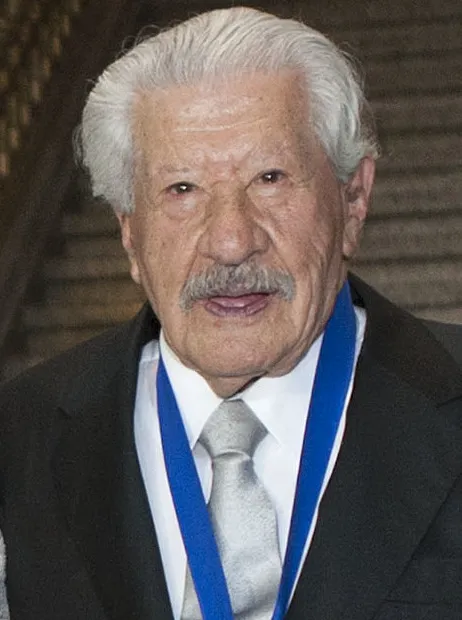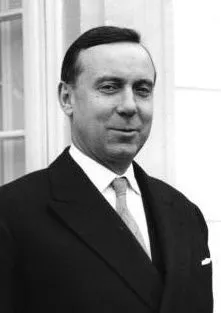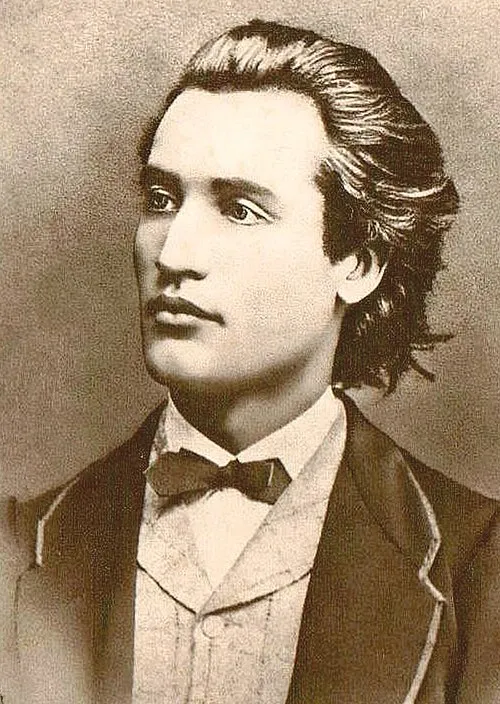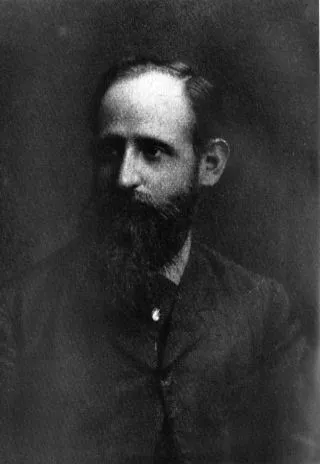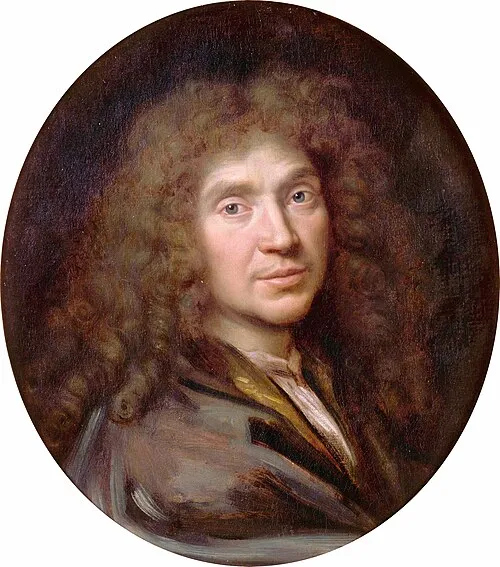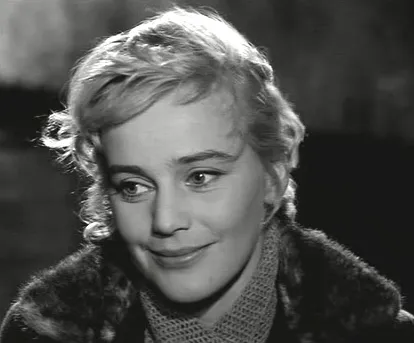
Birth Year: 1926
Death Year: 2005
Nationality: Austrian-Swiss
Profession: Actress
Notable Works: Known for her performances in European and Hollywood films.
The Life and Legacy of Maria Schell: A Journey Through Film and Emotion
Born in 1926, Maria Schell emerged from the picturesque landscapes of Austria, where her childhood unfolded against a backdrop rich with culture and art. Growing up in a family deeply rooted in the performing arts her brother was famed actor Maximilian Schell Maria was inevitably drawn to the stage. However, it wasn't just familial ties that shaped her destiny; the tumultuous history surrounding her early life during World War II had profound impacts on her worldview and artistry.
In her formative years, she found herself navigating through an era rife with uncertainty and strife. At only fifteen, amidst the chaos of war, Maria began to immerse herself in acting a decision that would alter the trajectory of her life forever. She debuted on stage as a young actress in post-war Vienna's theaters, where she captivated audiences with raw emotion rarely seen from someone so young. Ironically, despite emerging from darkness into light through performance, she was often haunted by memories of loss and displacement.
Her breakthrough came in 1952 when she starred in “The Brothers Karamazov,” based on Dostoevsky’s classic novel. Historians recount that this pivotal role propelled her into international stardom almost overnight! The film's emotional depth allowed Maria to showcase not just talent but also an innate ability to connect deeply with characters a trait that would define much of her career.
However, this initial success did not shield Maria from criticism. As she transitioned into more complex roles throughout the 1950s and 1960s such as her heart-wrenching performance in “Heidi” (1965) she faced scrutiny about typecasting due to being a 'starlet' instead of a serious actress. Perhaps one could argue that those doubts only fueled her desire to prove herself further; what followed was a string of critically acclaimed performances across Europe’s most prestigious film festivals.
In those years filled with accolades including nominations for Academy Awards the actress gained notoriety for portraying emotionally charged characters often caught between love and despair. One cannot forget how she embodied vulnerability on screen; it seemed like every tear shed reflected not merely scripted lines but rather echoes from personal struggles experienced behind closed doors.
Yet amid such acclaim came moments riddled with challenges! Despite achieving widespread fame, conflicts arose when directors insisted on casting choices they believed would appeal more commercially than artistically... This tension sometimes left Maria disillusioned regarding Hollywood’s demands versus authentic artistic expression.
Rise to Fame
Schell gained significant recognition in the early 1950s with her performance in the film Heaven Is Not Far (1951), which marked the beginning of her ascent in the German film industry. However, it was her role in The Last Bridge (1954) that earned her widespread acclaim. Her powerful portrayal of a woman caught in the turmoil of World War II showcased her remarkable ability to convey deep emotional truths.
In 1956, she crossed over to Hollywood, where she starred alongside Hollywood legends like Anthony Perkins and John Wayne. Her role in The Brothers Karamazov (1958) earned her an Academy Award nomination for Best Actress. Schell’s ability to adapt to diverse roles, from melodramas to comedies, made her a versatile star.
Signature Style and Legacy
What set Maria apart was her emotional depth and authenticity in her performances. She had an innate ability to connect with her characters, drawing audiences into their emotional worlds. Critics often praised her for her subtle yet powerful portrayal of complex women dealing with societal challenges. Schell's contributions to cinema earned her several awards, including the prestigious Bambi Award and the Silver Bear at the Berlin Film Festival.
As the years progressed, Maria continued to work, though she gradually transitioned to supporting roles. Nonetheless, she remained active in both film and television, captivating audiences with her presence. Some of her notable later works include Fallen Angel (1969) and Voyage of the Damned (1976).
The Emotions Behind The Roles
Perhaps what makes Maria's story so compelling is how each role intertwined seamlessly with threads from her own experiences her portrayal often reflected elements drawn directly from life itself! In films like "The Devil’s General" (1955), where she played alongside legendary actors such as Curd Jürgens and Erich von Stroheim conveys fragility layered over strength! Audiences were taken aback not only by powerful performances but also by raw humanity emanating through vibrant portrayals resonating even decades later...
A Shift Towards Television
As time passed into the late 1970s a period marked by both reflection upon past successes while searching for new avenues Maria shifted towards television roles which garnered equal admiration amongst viewers globally. By starring across various series including adaptations based upon classic literature or compelling dramas touching societal issues at large such as “The Glass Menagerie,” critics acknowledged once again how versatile an actress she remained!
The Later Years: Reflection & Personal Growth
Inevitably though as happens with many talented individuals the relentless march forward towards advancing film technologies led some artists feeling displaced... For example: while advancing cinema veered sharply towards blockbuster spectacles filled largely with CGI effects aimed solely at garnering box-office revenues Mary preferred intricate storytelling steeped within reality invoking profound emotions instead!
This sentiment led others reflecting similarly questioning purpose within evolving entertainment landscapes today… Who knows if there exists truly any genuine space reserved still yet accommodating multifaceted human experience amidst these rapid transformations? Only time may tell if future generations will embrace artistry wrapped intricately around authentic stories imbued deep connections inspired particularly once again!
An Enduring Legacy
Maria Schell continued engaging audiences until well into the late ‘90s when illness began encroaching upon vitality physically but never dimmed spirit! Even during retirement years spent focusing inwardly alongside family whilst enjoying quiet solitude away residing back near roots Austro-Swiss border… Undoubtedly one could sense reflective energy coursing along veins echoing remarkable journey culminated from struggling youth discovering passion unearthing profoundly illuminating moments reflecting life's beauty alongside tragic aspects borne throughout existence lived fully engaging therein...
The Reflection Upon Death
Maria passed away peacefully at age seventy-nine on April twenty-sixth two thousand five a date etched forever into memory lane marking significant transition yet heralded celebration legacy shaped uniquely illuminating cinematic realms influenced profoundly evolved perspectives eliciting connections forged strengthening bonds transcending boundaries connecting hearts collectively empowering narratives shared universality stories weaving together diverse experiences encompassing humanity itself...


